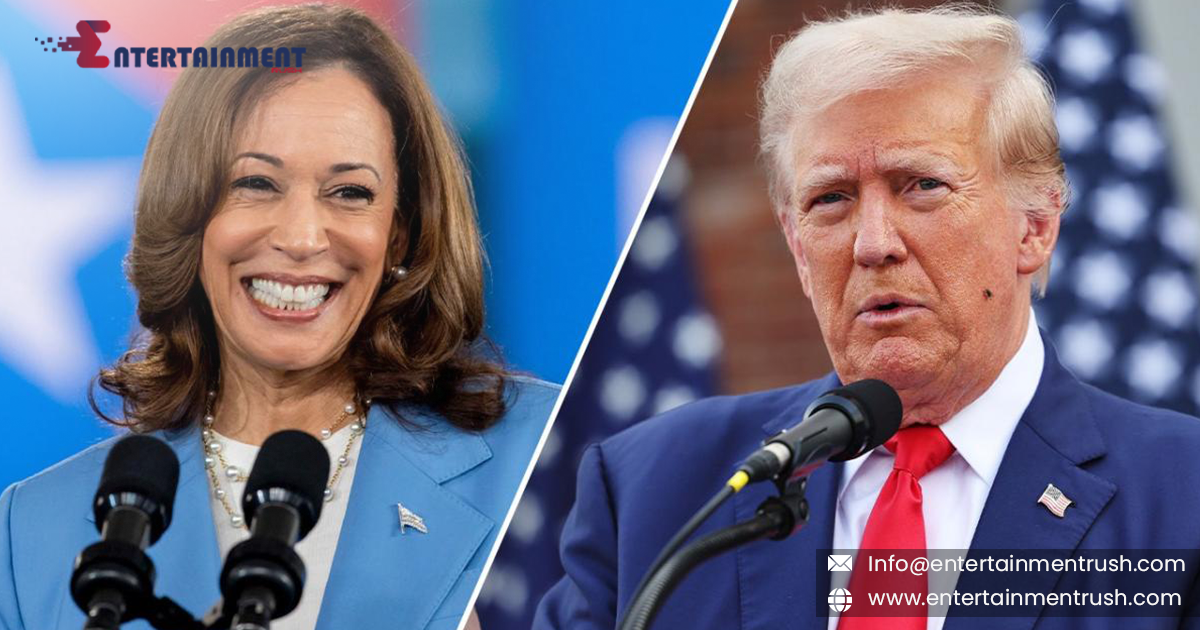Joe Biden’s re-election bid seemed, at least in retrospect, destined to falter. One key moment that symbolized the shifting perception of Biden’s viability came with George Clooney’s scathing New York Times op-ed on July 10, urging the president to bow out gracefully. Clooney’s article marked a turning point in how the public, including key Democratic donors, began questioning Biden’s fitness for another term.
The debate intensified as Hollywood stars and pop icons increasingly became involved in the Democratic push to reclaim the White House. Several high-profile endorsements were touted as pivotal in swaying public opinion. For example, Taylor Swift’s endorsement of Vice President Kamala Harris in September was considered a major victory, garnering 10 million likes and directing 400,000 Swifties to a voter registration site. Media outlets were quick to declare it a game-changer, with ABC headlining it as a move that could shift the election’s momentum.
Other major stars, including Beyoncé, Eminem, Lizzo, Bruce Springsteen, Megan Thee Stallion, and Lady Gaga, also threw their support behind Harris, with many appearing at rallies to boost her profile. A viral moment came when Charli XCX described Harris as a “brat,” a term aimed at connecting with younger voters. Despite these efforts, exit polls showed Harris losing ground among voters aged 18-29, a demographic Biden had performed better with.
This trend aligns with a 2010 study from North Carolina State University, which found that celebrity endorsements often had little to no impact on young voters, and at times, could even backfire by alienating them. Harris’s campaign also aired a controversial ad narrated by Julia Roberts, which depicted two women secretly voting for Harris while married to apparent Trump supporters. While some saw it as a clever way to reach conservative women, others criticized it as patronizing.
It’s impossible to say for certain whether these endorsements ultimately hurt or helped Harris’s candidacy. But in hindsight, it’s clear that Trump’s approach—featuring a more down-to-earth persona—may have resonated better with key swing voters in the Rust Belt. His viral McDonald’s stunt, where he engaged warmly with customers, along with a three-hour podcast interview with Joe Rogan on October 25, made him appear more relatable and normal, at least by his standards.
The Rogan interview, in particular, proved impactful. It amassed 46 million views on YouTube and was frequently cited by young voters in Arizona as a critical factor in their decision to back Trump. NBC News’ Gadi Schwartz reported that many college students mentioned the Rogan interview during exit polling, saying that they might have even considered voting for Harris if she had appeared on the podcast instead.
While Trump did receive celebrity endorsements, such as from Hulk Hogan, Dana White, and Kid Rock, these figures were more in line with the working-class demographic Trump had been targeting. Some political observers, like L.A.-area fundraiser Jon Vein, warned that relying too heavily on celebrity endorsements—especially those from Hollywood—could alienate voters in battleground states like Pennsylvania.
Ultimately, it remains uncertain whether celebrities helped or hurt either candidate. But with Harris losing ground among younger voters despite a flurry of A-list endorsements, and Trump gaining traction with his more grassroots, accessible image, it’s clear that the role of celebrity in political campaigns isn’t as straightforward as it may seem.




Leave feedback about this